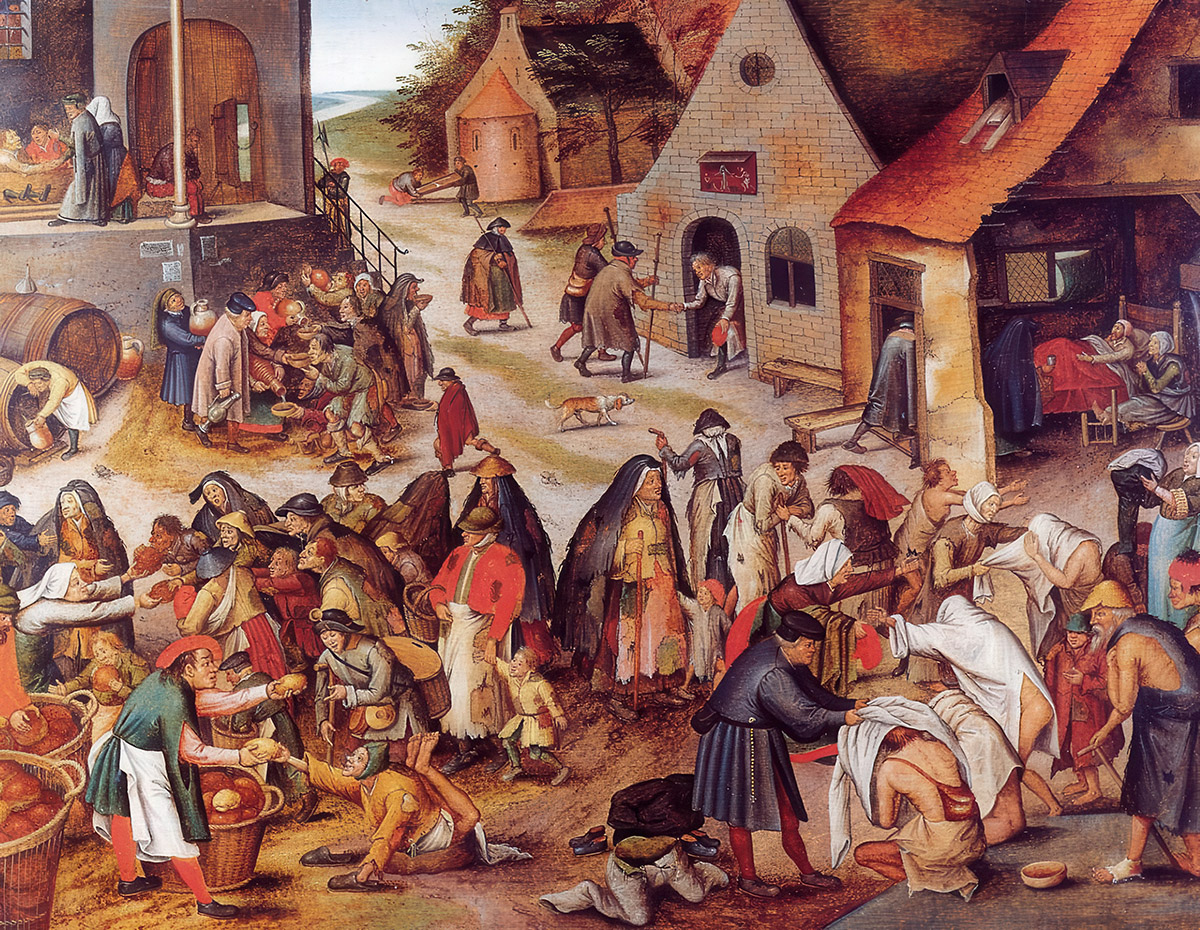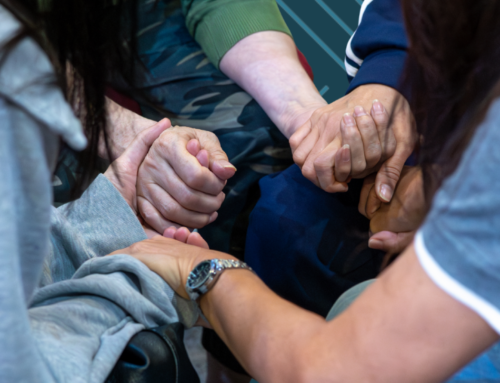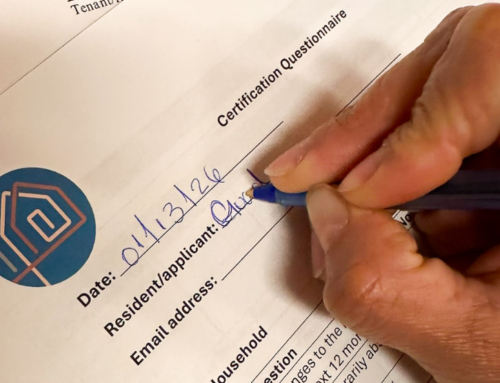Journeying through the Christian season of Lent, our Mile High Ministries staff has reflected deeply on the classic Seven Acts of Mercy—tangible acts of love that Jesus calls us to embody in our daily lives (Matthew 25:35-36). Inspired by his teachings and by the striking 17th century art of Pieter Brueghel the Younger*, we considered what these works of mercy might look like in the context of our work and our world today.
The seven practices depicted are:
-
Feeding the hungry
-
Giving drink to the thirsty
-
Clothing the naked
-
Sheltering the homeless
-
Visiting the sick
-
Visiting the imprisoned
-
Burying the dead
These are not abstract ideals. They are real, physical expressions of love, care, and justice. They meet people where they are in their moments of greatest need.
At Mile High Ministries, these works of mercy shape everything we do. We see them in our community meals shared every Thursday at Joshua Station, in the warmth of a stable and affordable home for a family at Clara Brown Commons, in the care offered to those experiencing deep grief and deep joy alike, in the ways we accompany neighbors navigating systems that often leave them feeling unseen and unheard. Lent is a time of fasting and prayer, but it is also a time of deepening our commitment to mercy—mercy that does not stay in our hearts but moves through our hands and extends outward to the world.
We asked ourselves: How do these seven acts of mercy challenge us? How do they invite us into deeper compassion, solidarity, and action?
We recognized that mercy is often inconvenient. It asks us to step beyond what is comfortable, to see Christ in those who suffer, and to move toward them with open hands. Mercy is not about quick fixes or distant charity—it is about relationship, dignity, and love. We also acknowledged that mercy is not only for those we serve but for ourselves and one another. How often do we neglect our own need for nourishment, shelter, or healing? How might we extend mercy to our colleagues, our families, and even to those who challenge us the most?
As we move through this Lenten season, we invite you—our friends, supporters, and community members—to consider what mercy looks like in your own daily life. The Seven Works of Mercy are not reserved for organizations or ministries; they are an invitation for each of us.
-
Who in your life is hungry—not just for food, but for belonging or hope?
-
Who is thirsting for justice, for companionship, for dignity?
-
How might you offer shelter—not just physically, but emotionally or spiritually?
-
Who needs your presence, your care, your advocacy?
We encourage you to take time this week to reflect on one of these acts of mercy and consider how you might embody it in a simple, intentional way. Whether it’s preparing a meal for someone in need, visiting a friend who is struggling, or advocating for those who are marginalized, every act of mercy is a reflection of God’s love. Lent reminds us that mercy is not just something we receive—it is something we are called to practice. May this season move us beyond reflection and into action, beyond good intentions and into transformative love.
How is mercy calling you this Holy Week?
—Miriam Medina, Joshua Station Family Advocate and Staff Chaplain
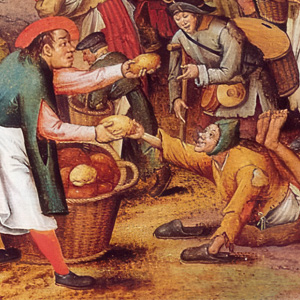
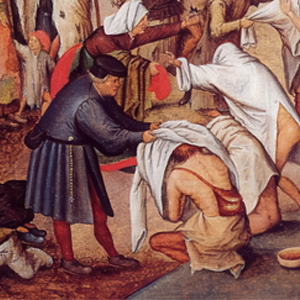
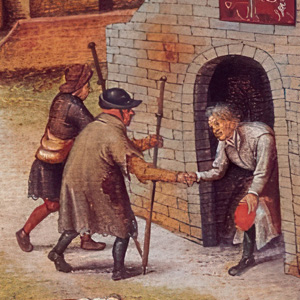
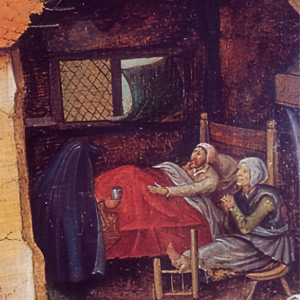
“The Seven Acts of Mercy,” Pieter Brueghel the Younger, early 17th century. Oil on panel, 16 1/2 x 22 inches.


